Maryland Energy Administration Road Trip: Summer 2016
by Kaymie Owen, CMP, Communications Manager
The MEA did not take a vacation this past summer but we did complete an incredible road trip out on the Eastern Shore on the way to the Maryland Association of Counties Summer Conference (#MACoCon). We visited two amazing state grant recipients helping to pave the way for a more sustainable business in Maryland.
Our first stop was to Planet Found Energy Development, LLC, a company that is doing live research and development on waste-to-energy (WTE) with a pilot program for poultry litter in Worcester County. Poultry litter can be converted into thermal and/or electrical energy. Planet Found is a recipient of our Pilot Scale Animal Waste to Energy Grant Program. This Program was aimed to provide grant recipients funds to advance science and put into production anaerobic digestion technology at the farm scale. The other extremely important objective of this program is to capture nutrients in order to prevent them from entering the Chesapeake Bay while creating a commodity for the farmer that can be sold outside of the Watershed.
What is poultry litter?
Poultry litter is a mixture of excreta, spilled feed, feathers, and material used as bedding in poultry operations. Poultry litter is a byproduct in production houses used for all varieties of chickens and other birds. Poultry litter can consist of a variety of materials including wood shavings, sawdust, peanut hulls, straw, and other dry, absorbent, organic materials that must be removed from time to time.
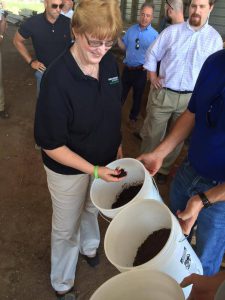
Here is our Director Mary Beth Tung, seen examining particulate byproduct of the anaerobic digester at Planet Found.
Planet Found’s installation is processing chicken litter from poultry farms all down Maryland’s eastern shore. In 2014, Maryland poultry farms produced 288 million birds or 1.5 billion pounds with a value $990 million. The average growth period for a chicken is 47 days and typically, two pounds of litter will be generated per bird.
The team’s next stop was Terrapin Farms in Berlin, MD. Terrapin Farms only uses OMRI (Organic Materials Review Institute) listed inputs such as organic soil and plants organic heirloom varieties to ensure the highest quality product with the smallest carbon footprint possible. Terrapin Farms uses solar and renewable wood boilers to power their green houses.
Here are new seedlings just starting out in the hydroponic greenhouses. Our Division Director of Energy Programs, Chris Rice approves of the greenhouse set-up. Terrapin Farms is undergoing the process of becoming GAP (Good Agricultural Practices) Certified and USDA Certified Organic.
MEA Director Mary Beth Tung gets a guided tour of the farm’s renewable energy power sources from the Harrison family owners. Terrapin Farms uses a wood fired boiler to heat their greenhouses in the winter.
Currently, Terrapin Farms helps local restaurants cook with a quality, local product, while providing local customers with fresh greens and produce by way of the area farmers markets.
We hope you enjoyed our summer road trip. Check back again to see where we go next.

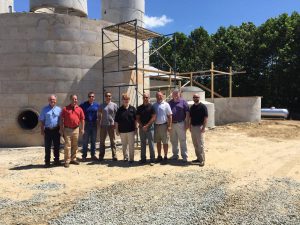
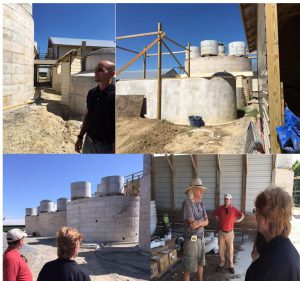
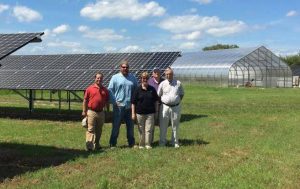
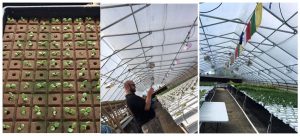
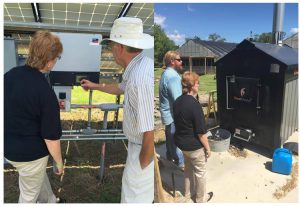
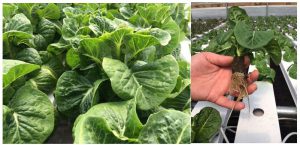
 1-888-373-7888
1-888-373-7888 233733
233733